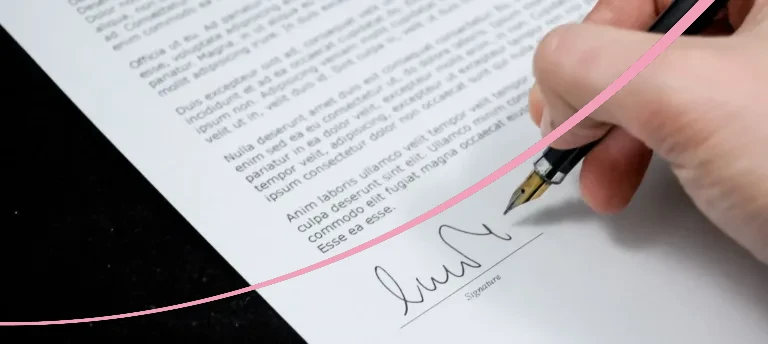‘Rent to Rent’ case – Supreme Court rules in favour of superior landlords
Mary Rouse and Lauren Hutchinson recently commented on the case of Rakusen v Jepsen and Others where Mr Rakusen (the Superior Landlord) had granted a tenancy of his London flat to Kensington Property Investment Group (Kensington) who, in turn, sublet it to several individuals (sub-tenants). The arrangement made the flat a licensable House in Multiple Occupation (HMO) but Kensington failed to apply for an HMO licence. The governing legislation permitted Kensington’s tenants to apply for a Rent Repayment Order (RRO) due to Kensington’s failure to obtain a licence.
The tenants brought their claim for an RRO against Mr Rakusen, the Superior Landlord, and the case that eventually ended up before the Supreme Court was all about whether the tenants could claim against the Superior Landlord, or whether they were only able to claim against Kensington with whom they had a contract in the form of a tenancy agreement.
The Supreme Court’s decision
Judgment was given on 1 March 2023 and all five Justices were unanimous in finding that an application for a Rent Repayment Order may only be made against the immediate landlord – in this case, Kensington – and that there can be no cause of action against the Superior Landlord. The final decision turned on the interpretation of the governing law which the Justices decided clearly only allowed such an application to be made against the immediate landlord.
The implications
Companies like Kensington, who rent from a property owner and then sub-let have been described as ‘ghost’ landlords. Sub-tenants often find it difficult to make contact with them about maintenance and repairs, and the ghost landlords have little regard for the law as this case highlighted, with Kensington failing to register the flat as an HMO. This decision makes it clear that sub-tenants can only sue their immediate landlord and, as we reported previously, these companies often have few assets and are easily wound up, leaving sub-tenants with nowhere to go.
A spokesperson from Safer Renting, one of the interveners in the Rakusen case, hopes that the long awaited Renters Reform Act will make changes to the law to make property owners liable for the condition of their properties, and compliance with relevant legislation.
For the time being, at least, this is good news for property owners who (often in good faith) rent their properties to companies, trusting that the companies will deal with all the onerous aspects of management and maintenance, and compliance with the law.
For more information
If you have any queries relating to this, or other aspects of letting residential property, please contact Mary Rouse, legal director or Lauren Hutchinson, associate in our Property Dispute Resolution team.
Contact usCONTACT US
Need more advice?
For help with a legal problem or more information on any of our services at Lodders, please get in touch with our friendly team. You can contact us via the number or email address below, or fill in the form and we will get back to you as quickly as we can.

Read more
Other news, insights and events







